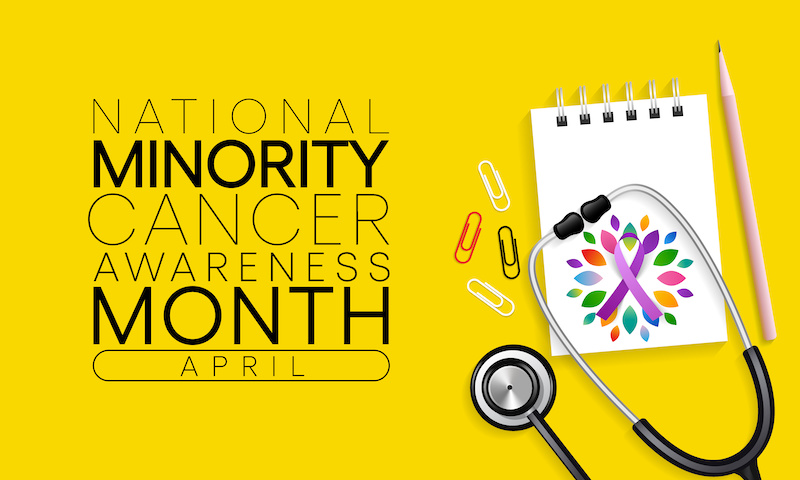 New Brunswick, N.J., April 1, 2022 – Clinical trials are research studies involving human volunteers to evaluate medications, vaccines, or medical devices for safety and effectiveness. According to the most recent drug trial data from the U.S. Food and Drug Administration (FDA), only 11 percent of the near 5,000 participants in the clinical trials of 18 new cancer drugs approved in 2020 were Black or Hispanic. Highlighting the low minority representation in clinical trials, even though these groups are more likely to be affected by certain cancers. Addressing disparities in cancer care, including access to and participation in clinical trials, has long been a priority for Rutgers Cancer Institute of New Jersey together with RWJBarnabas Health. Sanjay Goel, MD, MS, director of the Phase I/Investigational Therapeutics Program at Rutgers Cancer Institute shares more.
New Brunswick, N.J., April 1, 2022 – Clinical trials are research studies involving human volunteers to evaluate medications, vaccines, or medical devices for safety and effectiveness. According to the most recent drug trial data from the U.S. Food and Drug Administration (FDA), only 11 percent of the near 5,000 participants in the clinical trials of 18 new cancer drugs approved in 2020 were Black or Hispanic. Highlighting the low minority representation in clinical trials, even though these groups are more likely to be affected by certain cancers. Addressing disparities in cancer care, including access to and participation in clinical trials, has long been a priority for Rutgers Cancer Institute of New Jersey together with RWJBarnabas Health. Sanjay Goel, MD, MS, director of the Phase I/Investigational Therapeutics Program at Rutgers Cancer Institute shares more.
Why is minority representation in cancer clinical trials important?
Ensuring people from diverse backgrounds participate in clinical trials is key to advancing health equity. There are many benefits from having a higher enrollment of minority participants in clinical trials. For instance, underserved communities could have improved access to novel therapies, the U.S. population would be more accurately represented in clinical trials, the disease biology would be better understood in various races, and the drug’s efficacy would be ensured across different populations. Since different patient populations can respond differently to therapies, designing clinical trials focused on those specific populations are important.
What are some of the barriers that exist regarding minority participation in clinical trials?
The barriers to minority participation in clinical trials range from the individual level of the patient and provider to societal and policy levels. At an institutional level, language barriers may exist, as well as an inability to translate and or fund translated clinical trial materials, especially the informed consent document. The understanding or a pre-conceived notion that a minority patient is skeptical or uninterested in participating in trials is a myth, and the fact remains that surveys have revealed that patients of African American, Hispanic, and Asian origin, are as likely as or even more likely than White patients to enroll into a clinical trial if offered one.
How can health systems and cancer care providers make clinical trials more accessible and increase trial diversity?
Improving enrollment will depend on a concerted effort at the individual provider level all the way up to policy and regulatory levels. For example, providers can be educated and provided adequate support to facilitate clinical trial enrollment with minority populations. Trials can be made available and opened at sites that predominantly care for minority patients. Fully translated and timely availability of study documents will go a long way in this process. Lastly, if the U.S. Food and Drug Administration mandates that the demographic breakdown of trial participants resemble that of the country, major sponsors will be forced to contend with this reality and enrollment will require that approximately 40 percent of study enrollments are from minority patients.
As New Jersey’s only National Cancer Institute-designated Comprehensive Cancer Center, Rutgers Cancer Institute together with RWJBarnabas Health is able to provide access to clinical trials not available at other hospitals, clinics or doctor’s offices, as well as access to some of the most advanced, targeted treatments and medicines available. Learn more: https://www.cinj.org/clinical-trials/clinical-trials-overview.
For journalists – contact:
Krista Didzbalis
Media Relations Specialist
732-507-8307
krista.didzbalis@rutgers.edu
For new patient appointments– contact:
844-CANCERNJ (844-226-2376)

